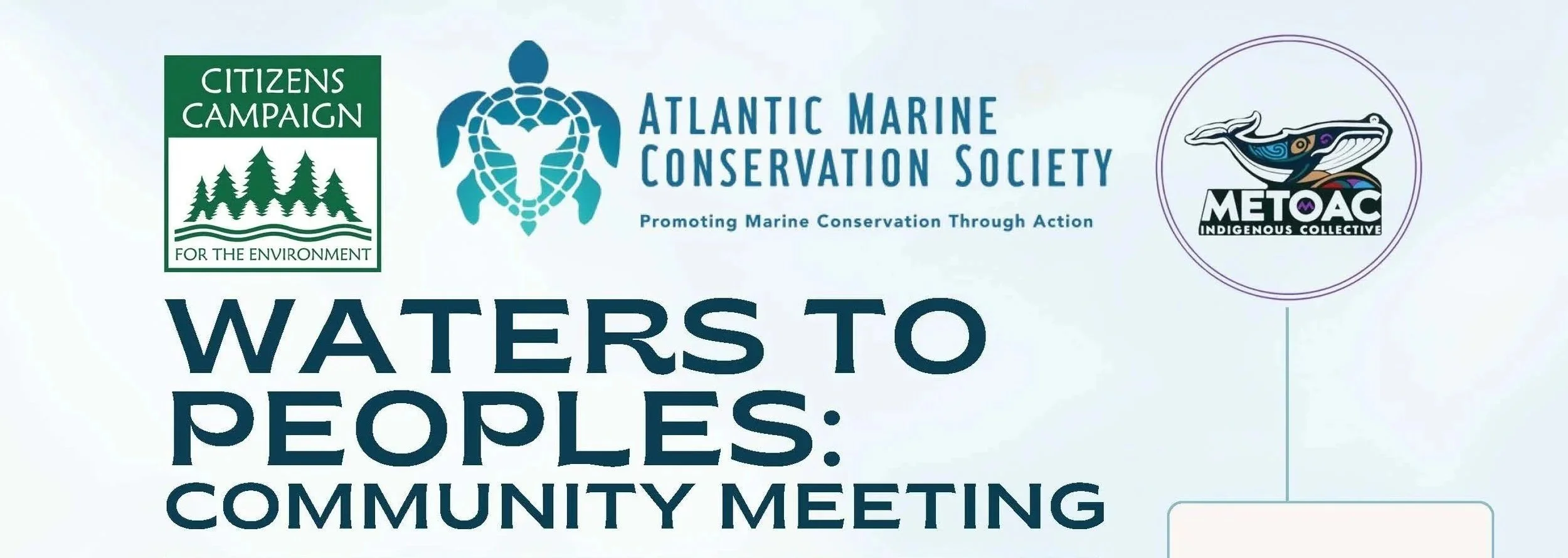Proposed bill would ban 1,4-dioxane from household products
SOURCE: Newsday
https://www.newsday.com/long-island/environment/1-4-dioxane-lawmakers-1.28161963
A separate proposal in the governor's budget would require manufacturers to disclose whether products contain carcinogens and other toxic materials.
Adrienne Esposito of Citizens Campaign for the Environment is seen in a 2018 news conference about Tide and other household products with high levels of 1,4-dioxane, a possible carcinogen. Photo Credit: Joseph D. Sullivan
By David M. Schwartzdavid.schwartz@newsday.com @schwartznewsNYMarch 6, 2019 6:43 PM
PRINT SHARE
Manufacturers would be banned from selling household products such as body washes, detergents and baby products that contain a likely carcinogen found in Long Island’s drinking water under state legislation being pushed by environmentalists and water providers.
Gov. Andrew M. Cuomo, meanwhile, has a separate proposal that would require manufacturers to disclose whether products contain carcinogens and other toxic materials.
The chemical 1,4-dioxane has been found in Long Island drinking water wells, prompting water providers to warn that rates could possibly double to help pay for the $840 million in treatment costs.
While much of the groundwater contamination has been tied to the chemical’s use in industrial solvents, the chemical also is found in household products as a byproduct of the manufacturing process. It can end up down the drain and in the aquifer through septic systems or sewage treatment plants.
“We want to prevent more of this cancer-causing substance from being introduced into the Long Island water supply,” said Stephen Liss, counsel for Assemb. Steven Englebright (D-Setauket).
Engelbright introduced a bill Monday that would prohibit cleaning and personal care products from containing 1,4-dioxane, except in trace amounts.
State Sen. Todd Kaminsky (D-Long Beach) had introduced a similar ban in the Senate and plans to introduce identical legislation, his office said Wednesday.
Kaminsky said the bill “sends an important message that 1,4-dioxane is in a separate category. . . . It’s one chemical that Long Islanders are particularly sensitive to.”
Product manufacturers said they’re opposed to both the ban and the proposed labeling requirement, which would give broad authority to state regulators to write disclosure rules.
Industry representatives said the detections of 1,4-dioxane are so low that they’re safe for the public.
“Consumers can continue to use these products with confidence like they do millions of times every single day — safely and effectively,” said Brian Sansoni, spokesman for the American Cleaning Institute, which represents soap, detergent and cleaning supply manufacturers.
Environmental groups and water providers said while they support Cuomo’s proposal to label products with toxic materials, they’re pressing for the ban.
“It’s clearly counterproductive to filter this toxic chemical from our water, and then recontaminate it by using shampoos, laundry soaps, and bath products that are filled with 1,4-dioxane,” said Adrienne Esposito, executive director of Farmingdale-based Citizens Campaign for the Environment.
The advocacy group in 2018 found 23 of 30 household products they tested contained 1,4-dioxane, which is a byproduct from the manufacturing process, including shampoos, stain lifters, body washes and detergents. That includes products that tested above the federal recommendation of levels for skin exposure.
Dennis Kelleher, spokesman for the Long Island Water Conference, which represents water providers, said in a statement, “We must end the cycle of polluting our soil, and subsequently our groundwater, with the use of products that contain 1,4-dioxane.”
He called Cuomo’s proposal for labeling “a step in the right direction, but it is not a solution.” He compared it to labels about the harm of cigarettes, but noted some people still smoke.
Cuomo in January announced the “Consumer Chemical Awareness Act” by saying “labeling on designated products will provide consumers with the information they deserve.”
The state regulators are negotiating with manufacturers and environmental advocates on the language, officials said.
The industry group Household & Commercial Products Association said New York should consider adopting California’s model for product disclosure “to create consistency for consumers.”
“Governor Cuomo has introduced an unworkable ingredient communication proposal in his 2019 budget that is extremely vague and leaves much of the regulation up to the discretion of the commissioner of the New York State Department of Environmental Conservation,” according to a statement from Owen Caine, an executive vice president for the Household & Commercial Products Association.
But environmental advocates said California’s minimum for reporting contamination is too high, allowing manufacturers to evade disclosure.
“It’s at astronomically high disclosure levels,” said Kathleen Curtis, executive director of Albany-based advocacy group Clean and Healthy New York.
About 1,4-dioxane
The chemical 1,4-dioxane, designated by the U.S. Environmental Protection Agency as a likely human carcinogen associated with liver and kidney damage, is the top concern of drinking water providers because it has been found widely on Long Island, and is not removed through conventional treatment methods, water providers said. The man-made chemical is found in industrial solvents and in trace amounts in cosmetics, detergents, shampoos and other home care products.
Environmentalists and health advocates said New York State should implement a new maximum contaminant level as quickly as possible to protect the public. Water providers have asked for an extended timeline to install treatment.


